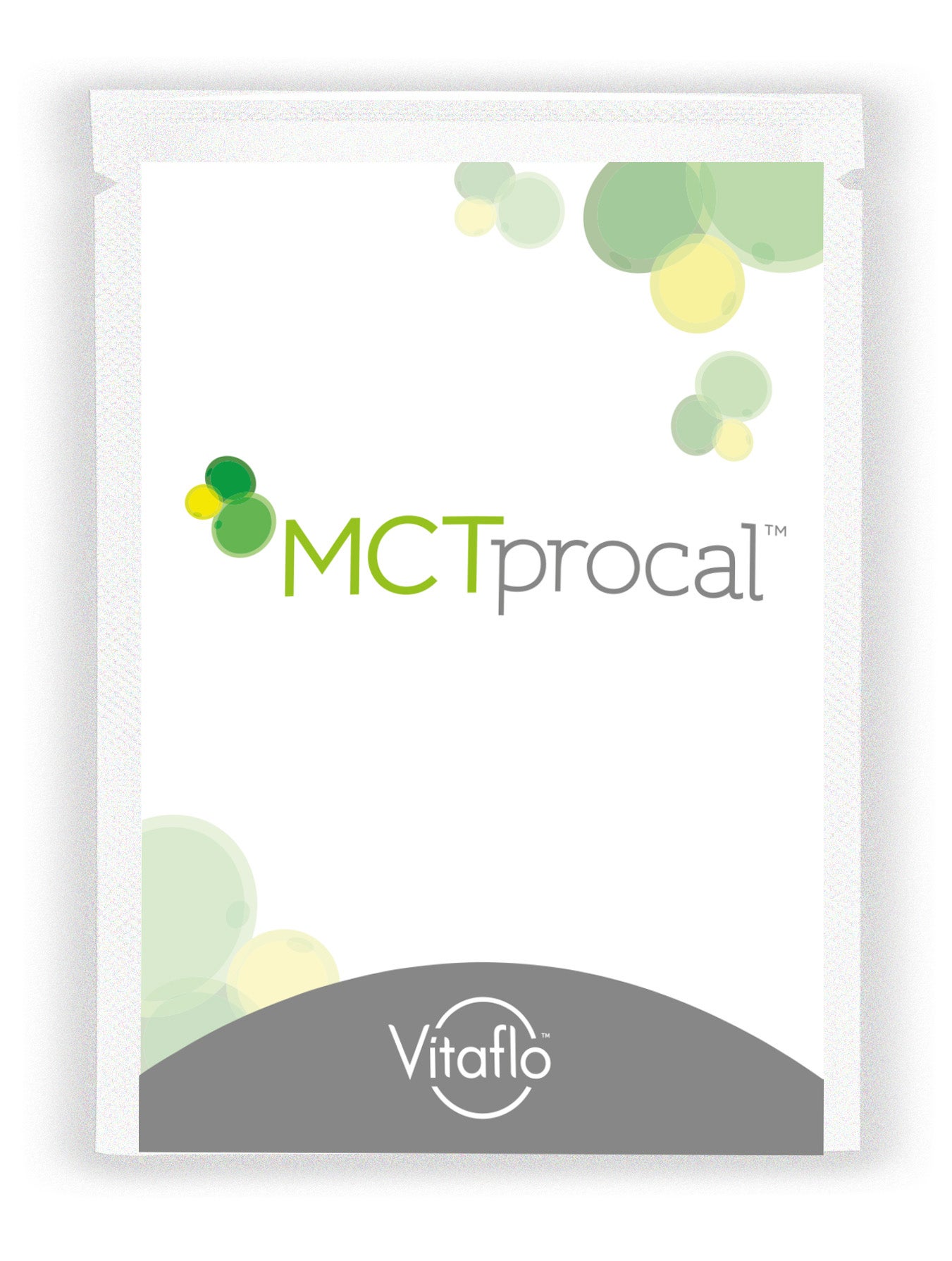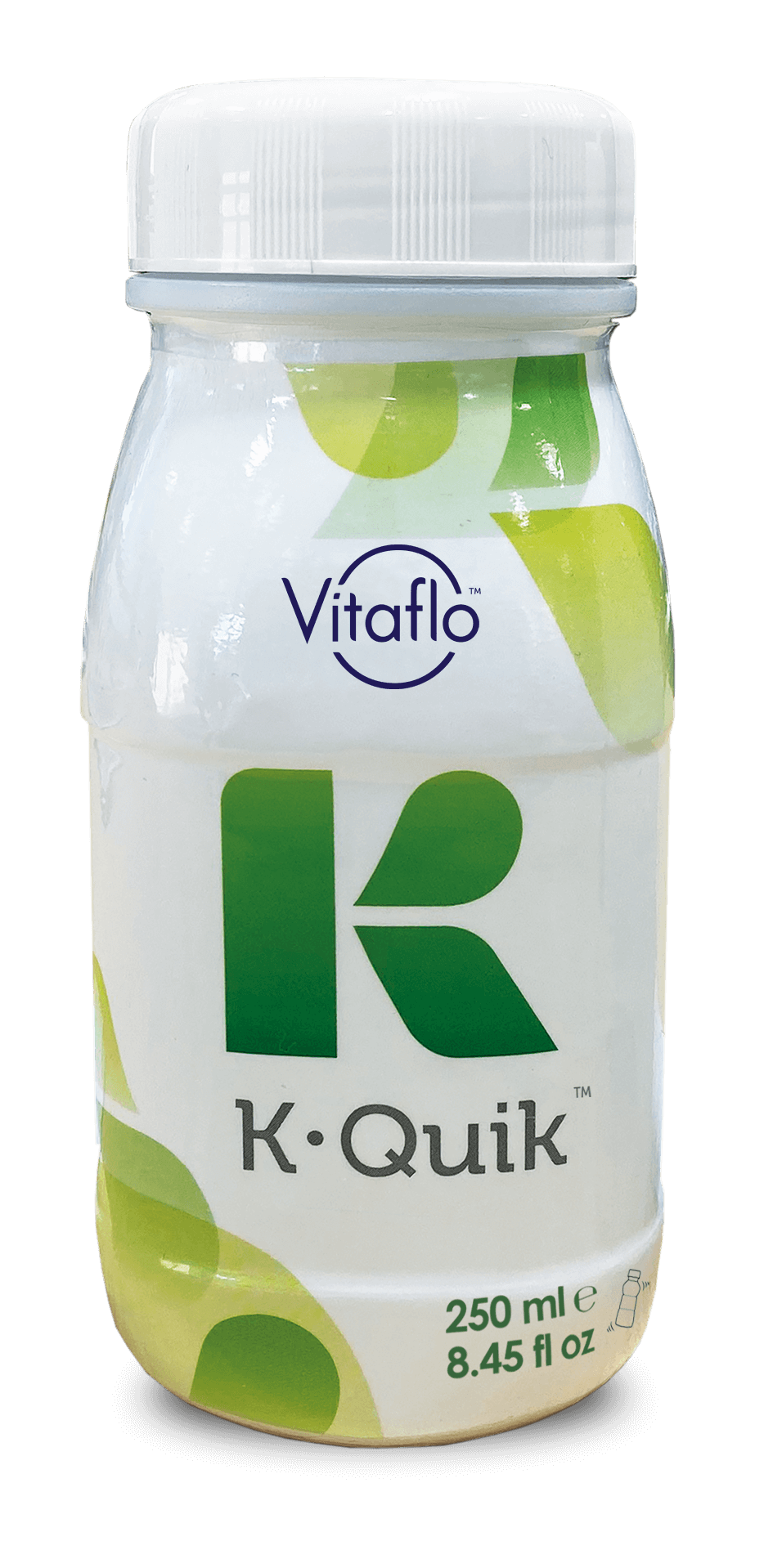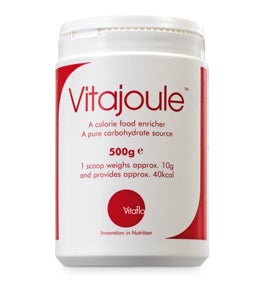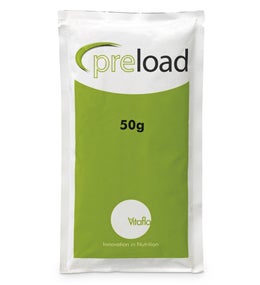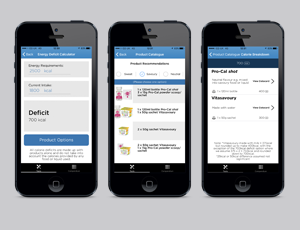Disease Related Malnutrition
Disease Related Malnutrition
Malnutrition is a lack of adequate nutrition that can be caused by not having enough to eat, not eating enough of the right things, or being unable to utilise the food that is being consumed1. The term malnutrition can include both over and under nutrition, however, Vitaflo use the term ‘malnutrition’ to refer to ‘under nutrition’ which is when a person cannot meet their macro and micro nutrient requirements from normal diet alone.
Those at risk of malnutrition include those with2:
- Chronic disease, especially if worsens over time e.g. renal disease, COPD
- Acute illness
- Debility
- Social issues
Elderly people over the age of 65 are at greater risk of malnutrition, in particular those living in care homes or nursing homes or who have been admitted to hospital3.
Malnutrition can be difficult to identify in the early stages. It is important to look for symptoms, which can include4:
- Unexplained or unplanned weight loss
- Feeling tired and lacking energy
- Loss of appetite
- Poor concentration
- Depression
- Increased frequency of infections & delayed wound healing
- Difficulty keeping warm
Symptoms in children can include delayed growth in terms of both height and weight and/or changes in behaviour such as being tired or anxious. Malnourished patients are more susceptible to disease, which may make their nutritional status worse and/or impair or delay recovery3.
Diet and Nutrition:
When a person is suffering from malnutrition, it is important to identify what nutrients are insufficient or missing. Once a patient has been identified as being at risk of malnutrition, typically using a screening tool, a dietitian will undertake a more thorough nutritional assessment. Tailored dietary advice will be provided which may include a ‘Food First’ approach using food fortification techniques and encouraging small frequent meals and snacks, which are high in energy and protein5. In addition to this, Oral Nutrition Supplements may be required to meet daily nutritional requirements when diet alone is insufficient.
1. NHS Choices. Malnutrition ‐ Causes. 2015 [cited 2016 June 28]. Available from:http://www.nhs.uk/Conditions/Malnutrition/Pages/Causes.aspx
2. Elia M, Russell C. Combating malnutrition: recommendations for action. Nutrition Advisory Group on malnutrition led by BAPEN 2009. 2009.
3. BAPEN. Introduction to Malnutrition. 2016 [cited 2016 June 28]. Available from:
http://www.bapen.org.uk/malnutrition-undernutrition/introduction-to-malnutrition
4. NHS Choices. Symptoms of Malnutrition. 2015. [cited 2016 June 28]. Available from:
http://www.nhs.uk/Conditions/Malnutrition/Pages/Symptoms.aspx
5. Pathway M. Dietary Advice 2016 [cited 2016 June 28]. Available from:
http://malnutritionpathway.co.uk/dietary
6. BAPEN. What is the size of the problem in the UK? 2016. [cited 2016 June 28]. Available
from: http://www.bapen.org.uk/malnutrition-undernutrition/introduction-to-malnutrition
Our product range for Nutrition Support

The content you are trying to access is intended
for Healthcare Professionals only.
Are you a healthcare professional?
You will be redirected.
You will be redirected.




